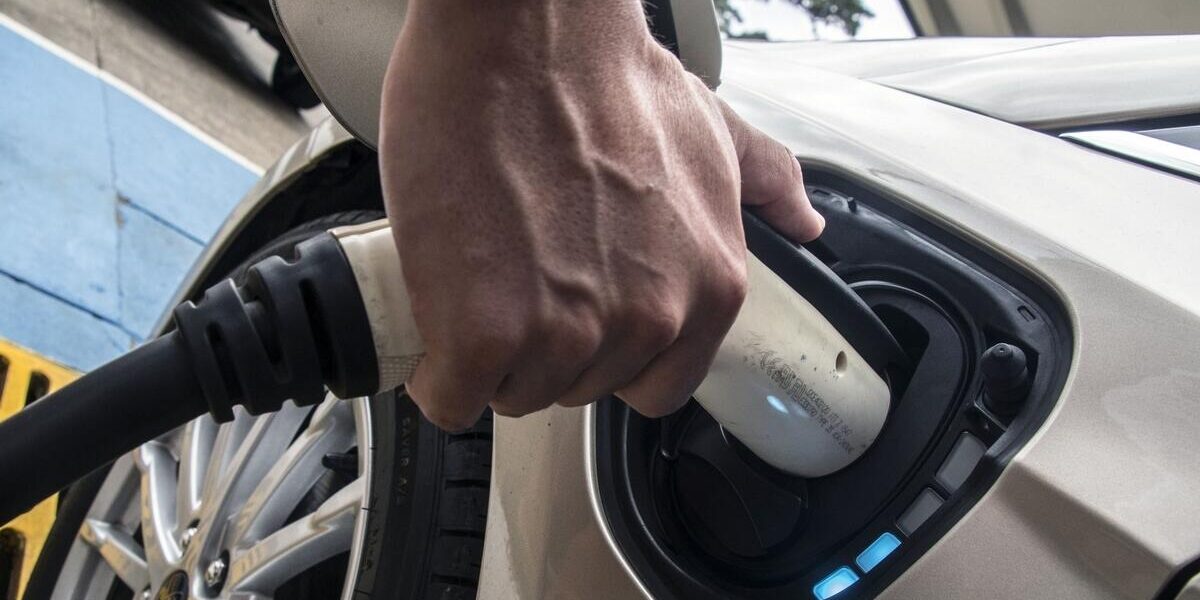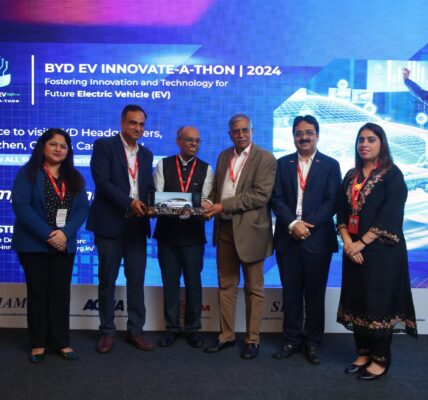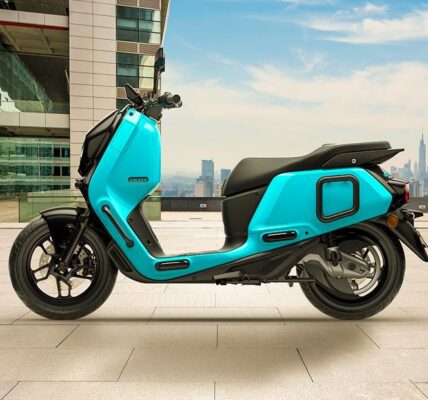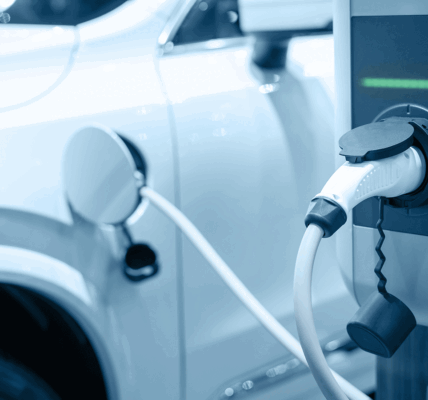The UT Administration has decided to halt the registration of internal combustion engine (ICE) two-wheelers once the target fixed for 2023 in the revised Electric Vehicle (EV) Policy is achieved, most likely in the first week of October.
According to the target, only 12,076 two-wheelers running on ICE are to be registered in the city till December this year. After achieving the number, their registration will be stopped and only electric two-wheelers will be registered.
Similarly, the Administration will stop the registration of four-wheelers running on internal combustion engine (ICE) (petrol/diesel) once the target is achieved, which is likely to be attained by December this year. According to the target, only 15,465 four-wheelers running on ICE are to be registered by the end of this year.
As many as 12,937 four-wheelers have been registered to date in the city. In such a situation, only 2,528 non-electric four-wheelers can be registered as of now.
Pradhuman Singh, Registering and Licensing Authority (RLA), UT, said the registration of non-electric two-wheelers would not be done by the office of the RLA once the target of 12,076 non-electric two-wheelers was achieved.
Similarly, registration of four-wheelers would not be done once the target of 15,465 non-electric four-wheelers was achieved for this calendar year.
After backlash from stakeholders, the UT Administration had revised its Electric Vehicle (EV) Policy in the first week of July and reduced the registration target for electric two-wheelers. The target had been reduced to 35 per cent from the previous 70 per cent to be achieved in 2023-24.
However, the new targets have to be achieved in the calendar year instead of the financial year. This means, 65 per cent non-electric two-wheelers can be registered in 2023.
Earlier in June, the Administration had decided to stop the registration of non-electric two-wheelers on achieving the target of 6,202 in 2023-24 financial year.
The Electric Vehicle Policy-2022 was approved to make Chandigarh a “Model EV City” by achieving one of the highest penetrations of zero-emission vehicles within the policy period of five years. The policy is aimed at mitigating the environmental impact caused by conventional vehicles and establishing Chandigarh as a leading “Electric Vehicle City”.
In order to encourage people to switch from conventional vehicles to electric vehicles and reduce their carbon footprint, various targets were set by the Administration, which were further reviewed by the officials.
The target for the e-two-wheeler category of vehicles had substantially been relaxed, from the existing 70% to 25% for 2024. In the e-three-wheeler (goods) category, the target has been reduced from 40% to 35% and for the e-four-wheeler goods vehicles category, from 40% to 15%. The target for e-buses has been reduced from 50% to 25% for 2024.
However, no changes have been made to the existing target for e-commercial cars, as the 20% target for 2023 has already been achieved.
With regard to e-personal cars, the double target of registration of 20% electric cars has been achieved for 2023, surpassing the original goal of 10%. The revised targets have been slightly increased by 5% to 25% for 2024.
Charging stations non-functional
Even after installing charging stations for electric vehicles in November last year, these are yet to be made operational in the city. The UT had installed 23 charging stations at nine locations across the city in November last year. These stations will have a total of 92 charging guns, through which an equal number of vehicles can be charged simultaneously.






